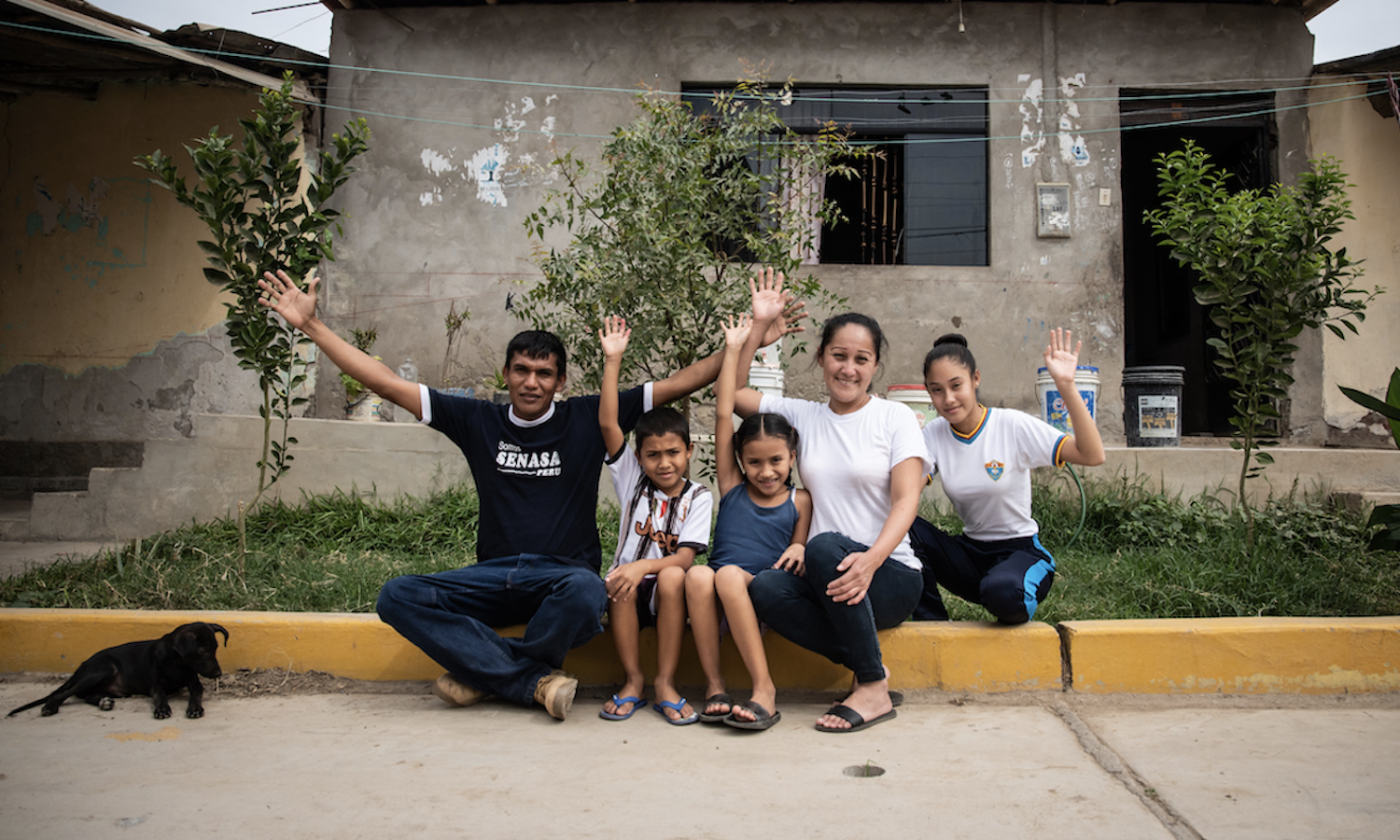
Small-scale farmers are among the original influencers growing the food that sustains and shapes us. But their position at the beginning of global supply chains often leaves them with little influence over market decisions that affect their future. As interest in sustainable production grows among consumers and the climate crisis worsens, the world needs to honor farmers’ perspectives.
The Small Farmer Atlas, a new study from Solidaridad, represents an effort to learn from farmers’ views on sustainability. This data-rich report, based on interviews with 10,000 small-scale farmers in 18 countries, covers issues from prosperity and income, to bargaining power and land use.
Small-scale operations account for nearly 90 percent of the 570 million farms around the world. Small-producers, however, are not a contiguous group; how we understand their needs varies widely by product or country, land size or access to market.
The Small Farmer Atlas covers eight commodities: coffee, tea, cocoa, bananas, cotton, oil palm, soy or sugarcane. These commodities are produced by roughly 120 million small-scale farmers, the majority of them in Africa, Asia and Latin America.
The report is focused on semi-commercial and small-commercial small-scale farmers. Farmers in these groups can typically cover their basic needs with the cash crops they produce, yet prosperity often remains out of reach. With sufficient income and resources, these farmers have the potential to turn their farms into reliable businesses. Understanding how they see their prospects can be indicative of the overall health of the sector.
Over half of the farmers interviewed express confidence in their ability to meet basic needs. This can indicates that sustainability interventions and work with farmers have had a positive impact, even though the pandemic and the related economic downturn when the survey was conducted.
However, the majority of farmers express that they are ill-equipped to handle price volatility or climate shocks. Women, in particular, are concerned with their ability to achieve a fair income, to find market support, and produce in harmony with the natural environment.
Across all regions, farmers indicate they are concerned about issues related to sustainability.
Over 50 percent of those surveyed indicate that they could not cover basic expenses if prices they receive drop by 25 percent, a regular occurrence in commodity markets; more than half of them lack access to markets, financing and information that would allow them to realize their full potential; and women experience a heavier burden and more inequality than men. Overall, female farmers were more negative than male respondents in their answers.
And yet, the impacts of a changing climate loom as their biggest concern. Nearly two thirds of farmers struggle with a lack of resources needed to adapt to the impacts of climate change. Furthermore, across all 18 countries covered, farmers express grave concerns about deteriorating soil quality and water scarcity: 60 percent express serious concern about the quality of their soils and the capacity to improve soil health; 60 percent express dissatisfaction with the availability of water for irrigation; and 57 percent do not have the resources to adapt to climate change.
“Economically, things have improved a lot. We have increased our incomes, sent our children to school, improved our houses… and even managed to save some money. But in the last 10 years, farming has become increasingly difficult,” says Edwin Nunjar Peña, who produces bananas with his partner Jessica Paola Mondragón Mendoza on a small farm in Peru. Nunjar Peña highlights increased problems with pests and disease that are exacerbated by a changing climate.
The Small Farmer Atlas is an invitation to companies, policymakers and non-profit organizations to center the perspectives of small-scale farmers in the design of procurement processes and sustainability policies. Overall, the Small Farmer Atlas illustrates the need for two key interventions. One, profit-sharing across agricultural value chains that directly benefit farmers, and improve their business case so they can invest in their farms and access finance; and two, the need for systemic change that prioritizes the perceptions of small-scale farmers and grounds interventions in their needs.
This means understanding and prioritizing the interests and agenda of these ‘original influencers’ rather than imposing top-down solutions. It is essential to incorporate the perspectives and practical know-how of small-scale farmers into practices and policies that affect their livelihoods.
Articles like the one you just read are made possible through the generosity of Food Tank members. Can we please count on you to be part of our growing movement?
Copyright © ENTREPRENEURSHIP DEVELOPMENT INSTITUTE 2015. All rights reserved.
Powered by: C.B.N